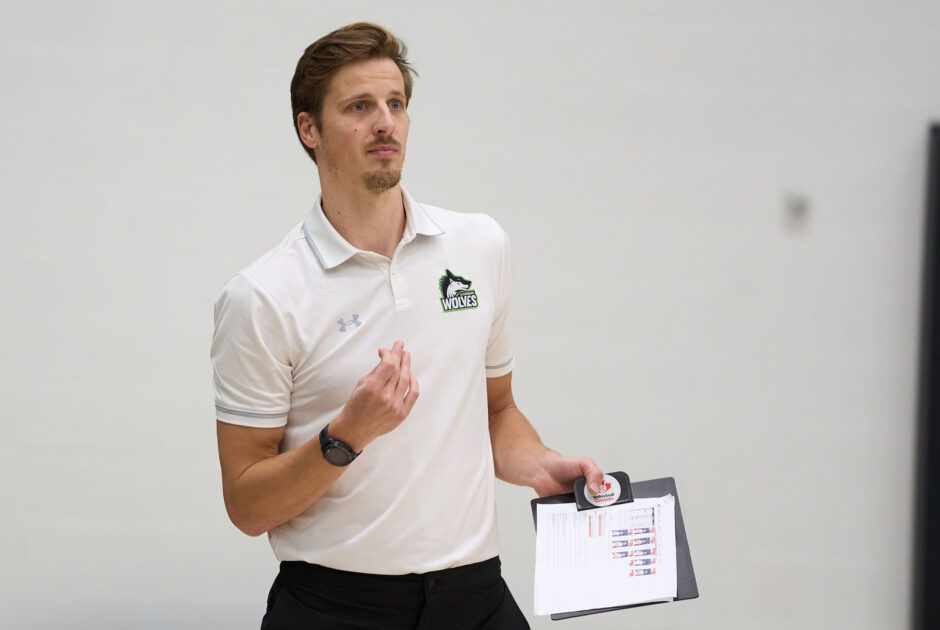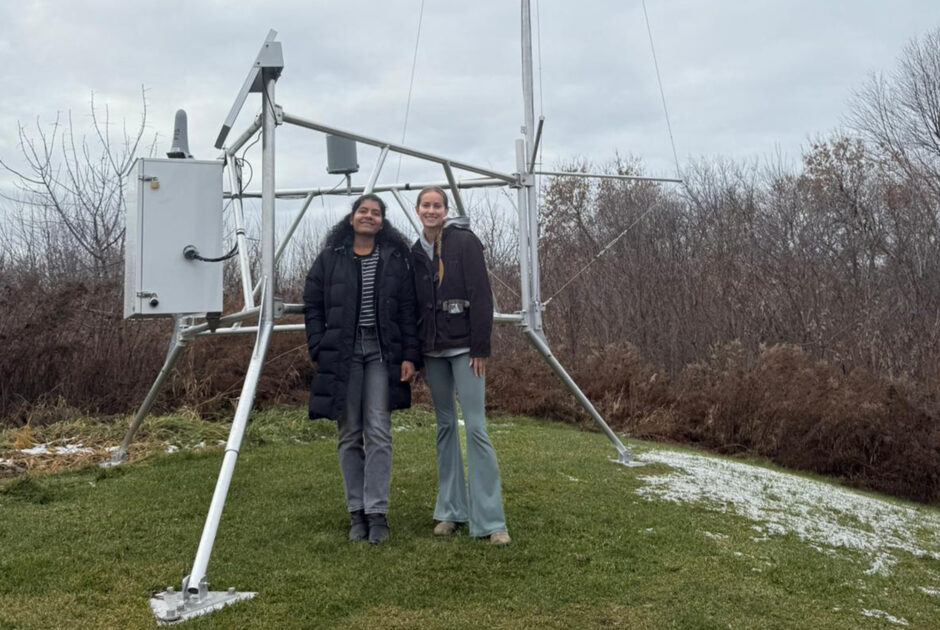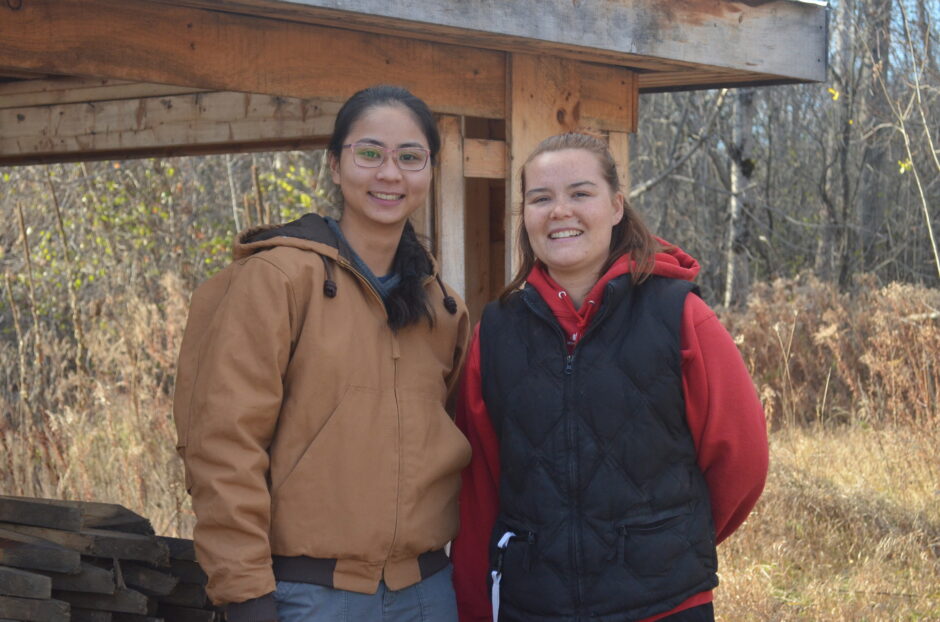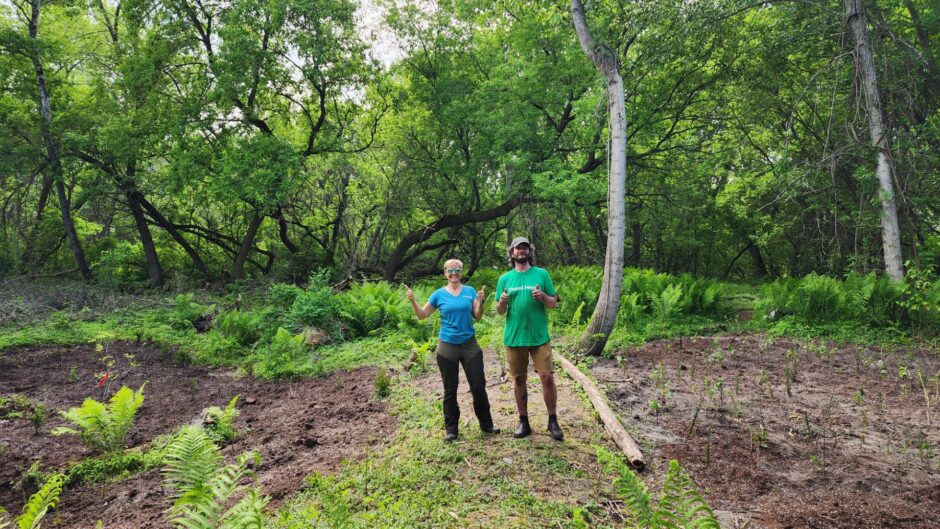Graduates entering the tourism industry have had to learn without hands-on training
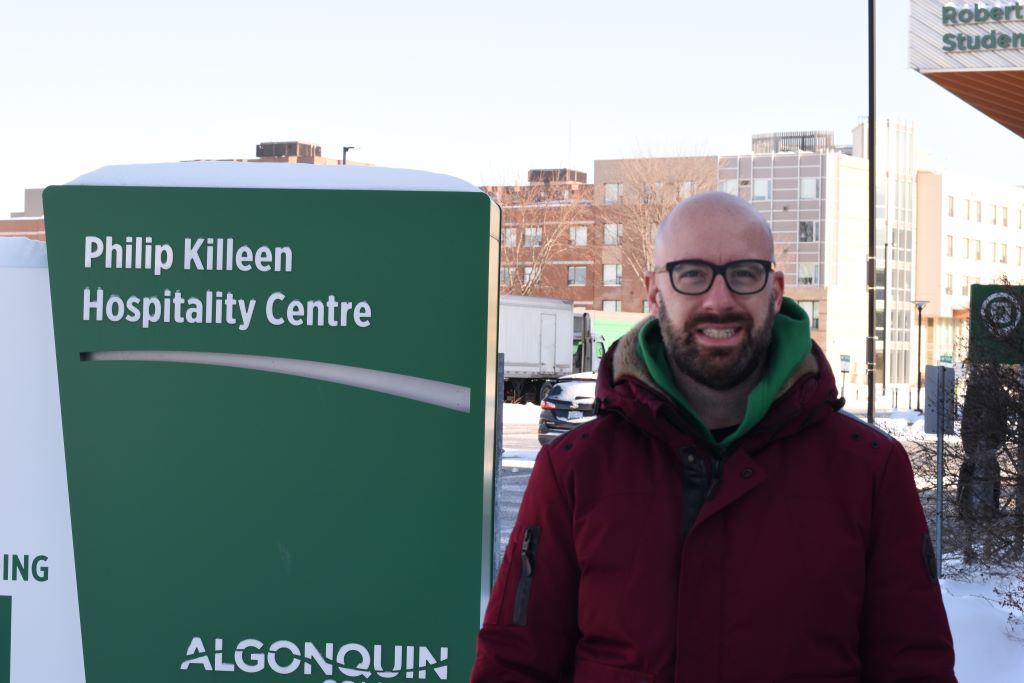
With Algonquin College continuing virtual learning for the second half of the winter semester, some soon-to-be graduates from the tourism-travel services program say there have been missed opportunities because of the pandemic.
Riley Hoogsteen, a fourth-semester tourism-travel services student in the program, feels that students are losing the opportunity for hands-on experience and it is hard to jump into a field without it.
Hoogsteen entered the program to transfer his work experience in the services and retail industry.

“I worked in the service industry before through culinary experiences and retail, and I like helping people and letting them have a good day,” said Hoogsteen. “So I thought combining my passion for travel and learning about the world and helping people and is why I ended up here.”
Hoogsteen says that because of the circumstances, the program does not want students applying for field placements because they are unsure if the companies are able to – or want to – take on co-op students.
“Many students are going to graduate in three months, and a lot of us are going to be kind of lost in what direction we need to go and what we can do,” said Hoogsteen.
Remote learning, however, has been helpful for some students.
Elizabeth McKenzie, a fourth-semester tourism-travel services student, said she will finish the two-year program virtually without physical hands-on training before entering the tourism industry.
“I started the program online and will complete the entire two years with no lab time and no physical hands-on training entering the tourism industry,” said McKenzie, a fourth-semester student in the tourism program.
McKenzie said their placement weeks were cancelled because of COVID-19 and everyone has to deal with it in so many different ways.
In Nov. 2019, McKenzie was in a car accident. She had injuries and could not return to work that had physical requirements.
“I had almost no use of my left hand,” said McKenzie. “I am left-handed and it was due to nerve injury in my neck and my shoulder. I also had a bit of a hip displacement.”

Despite the stresses of finance and insurance claim issues, she took care of her elderly mother, which built up depression. However, for McKenzie, virtual learning worked.
“So it’s been a good thing for me to be online,” she said. “It served me very well, in respect to the craziness of my life. If it were not for COVID, I would not be able to get back on my feet which is kind of a catch-22, a love-hate relationship.”
Ryan Bonacci, a part-time tourism-travel instructor and program graduate, says the program has been looking for alternative ways to expose students to different companies and roles within the tourism industry.
“Traditionally, within the tourism and travel services program, there is a field placement where students can go and work, but of course, we cannot do that right now,” said Bonacci.
In addition to teaching part-time, Bonacci works full-time for AMEX Global Business Travel as a product manager.
Bonacci says that the program will be hosting employer presentations that walk students through the day in an employee’s life for a particular company. Students can interact, network, connect and see what types of jobs are out there.
The virtual field placement for the students will be from March 7 through 14.
“Either during the pandemic or coming out of the pandemic, I think we are doing a good job, at least within the tourism and travel services program to assist and help the students with their career,” said Bonacci. “In a nutshell. Moving to an online environment, while not ideal for anyone, regardless of the program, I believe we have been able to make it work.”





